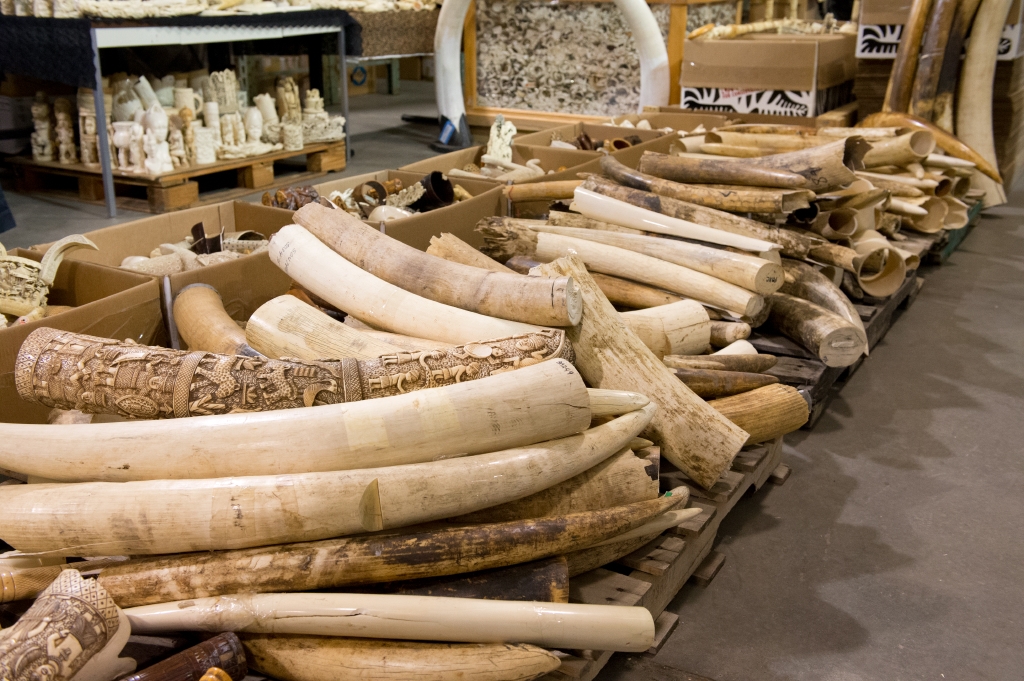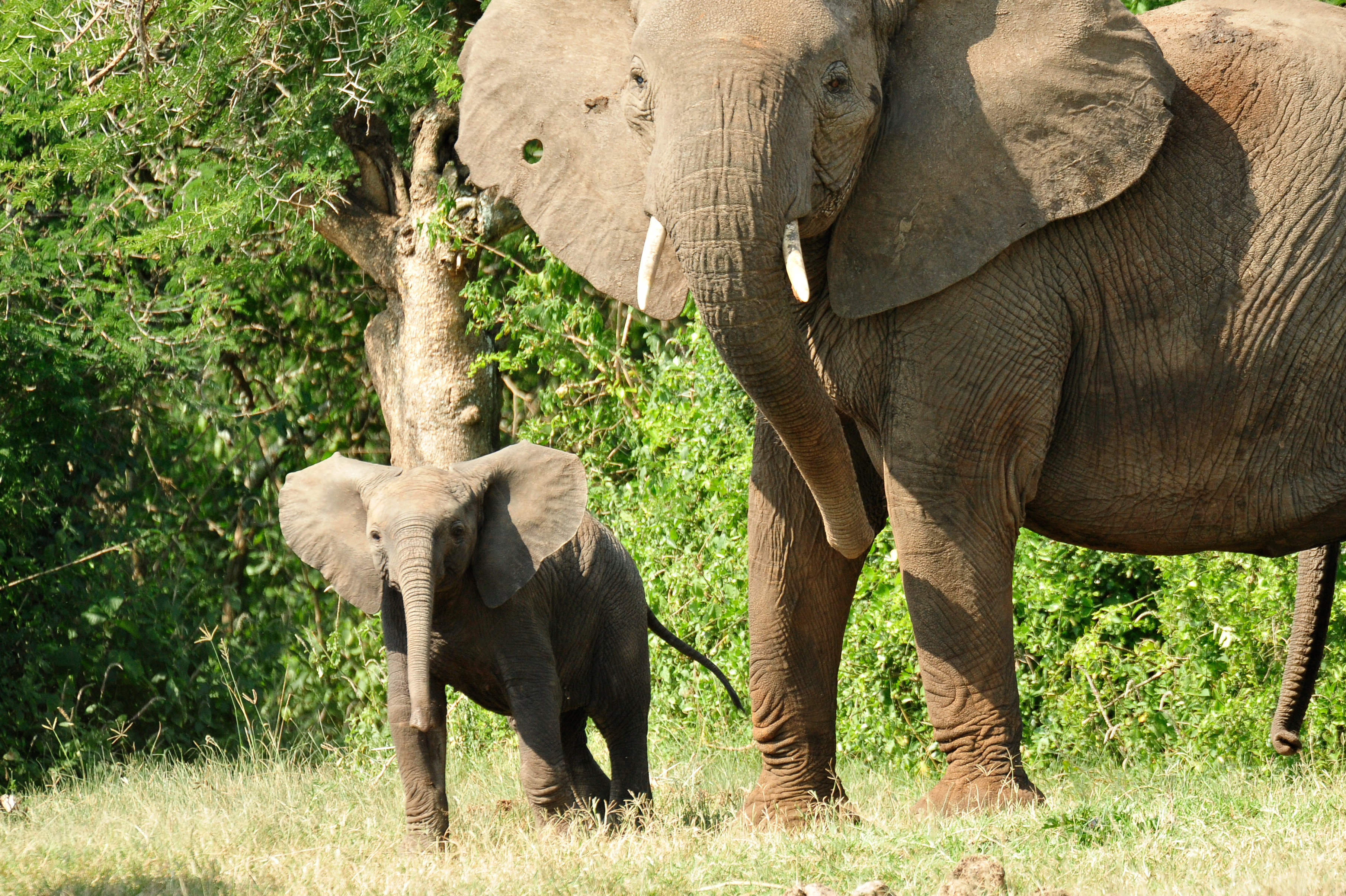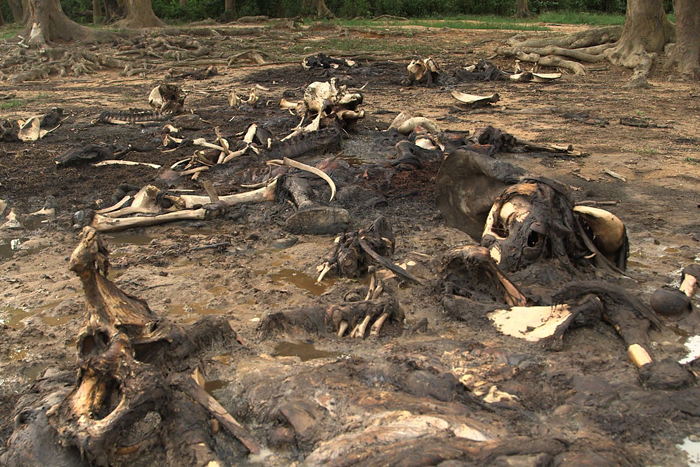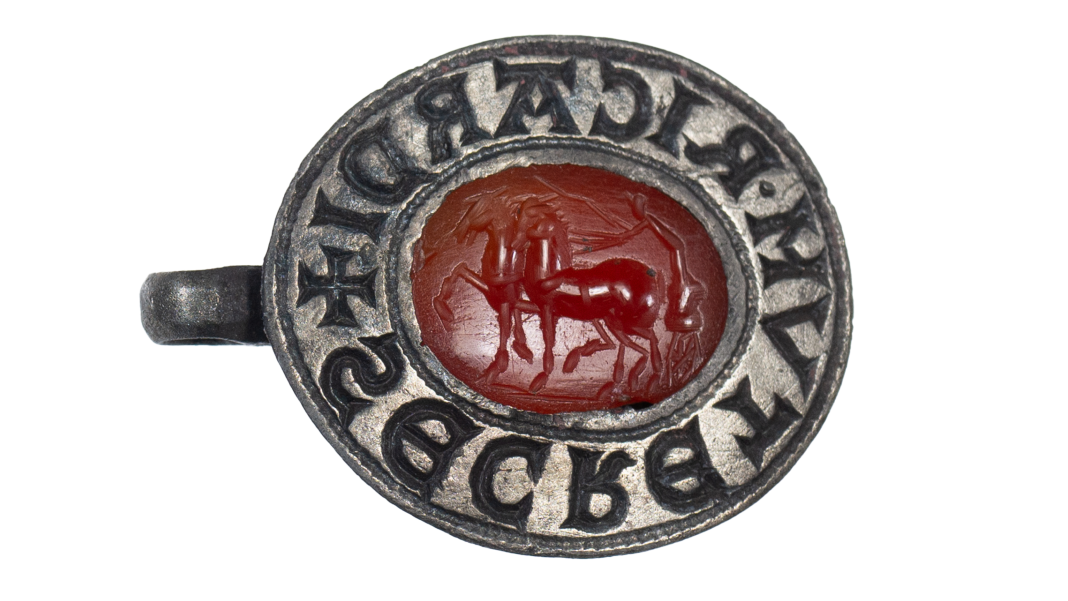
Crushing the Ivory Trade (Op-Ed)

Cristián Samper is president and CEO of the Wildlife Conservation Society (WCS). In September, he was named to President Barack Obama's Advisory Council on Wildlife Trafficking, which will make recommendations and provide ongoing advice and assistance. This op-ed is adapted from a piece that originally ran at Huffington Post Green. Samper contributed this article to LiveScience's Expert Voices: Op-Ed & Insights.
The U.S. Fish and Wildlife Service has taken the unprecedented step of pulverizing nearly six tons of elephant ivory stored at the National Wildlife Property Repository in Colorado.
With this bold action, the United States government joins a small group of nations — including the Philippines, Kenya and Gabon — that have destroyed their ivory stockpiles to confront the multimillion-dollar illegal ivory trade.
That trade — increasingly the domain of large global criminal syndicates and operating on the ground through organized rebel groups — has been responsible for the loss of some three-quarters of all African forest elephants in the past decade.
Across central Africa, elephant range-states are calling for a moratorium on the sale and purchase of ivory. As a global leader in the fight to confront this crisis, the United States must do the same.
African elephants, alone, are being lost at an unprecedented rate and the demand for ivory shows no decline. Approximately 35,000 elephants were killed by poachers last year — some 96 elephants each day.
On September 26, WCS joined with 15 other conservation non-governmental organizations, the leaders of seven African nations, and the Clinton Global Initiative in announcing an $80 million, three-year commitment to halt the killing of elephants and to end the trafficking and trade in ivory. WCS simultaneously launched its 96 Elephants campaign to raise awareness on this critical issue. In the fight to end the elephant poaching crisis , nations must take a three-pronged approach: stop the killing, stop the trafficking, and stop the demand.
Get the world’s most fascinating discoveries delivered straight to your inbox.
Those efforts took a giant step forward with the U.S. Fish and Wildlife Service action, particularly on the trafficking front, as the United States demonstrates its own commitment to eliminating the market for illegal ivory. More can, and must, be done domestically to stop the trafficking, including instituting a moratorium on ivory sales within the United States.
It should give us all pause that we have to destroy ivory — this precious material — in order to stop the slaughter of the planet's elephant population.
I encourage all to visit 96elephants.org to help end the elephant crisis.
The views expressed are those of the author and do not necessarily reflect the views of the publisher. This version of the article was originally published on LiveScience.
 Live Science Plus
Live Science Plus








